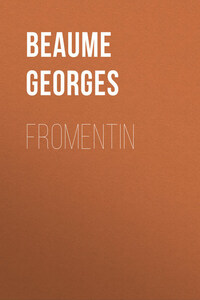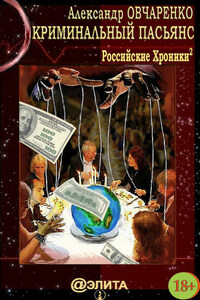EUGÈNE-SAMUEL-AUGUSTE FROMENTIN-DUPEUX was born at La Rochelle on the twenty-fourth of October, 1820. His family was a very old one and held in high honour throughout Aunis and Saintonge.
Aunis, one of the ancient provinces of France, glows languidly beneath the caresses of a humid sun, enveloped in a thin veil of ocean mists, and at times she seems to float in the midst of her waves and her sands, beneath a sky bounded by remote and indeterminate horizons, vague and immense, like some vast wreckage overgrown with gardens and oases. For more than a century, she was downtrodden by the English. But if she owes them the pain and humiliation of defeat, they at least inspired her with a passion for commercial greatness and a desire for wealth. Through her shipowners and bankers, she amassed riches that permitted her to devote a goodly share of her days to leisure and festivities, for the betterment of her material welfare and the embellishment of her mind. Thus in the midst of this industrious community, faithful to its duties, jealous of its liberty, there was slowly formed a powerful and cultured bourgeois class, eager for all forms of intellectual improvement.
Eugène Fromentin’s family was, on the father’s side, attached by ancient roots to the soil of Aunis. His ancestors were nearly all of them lawyers and judges, and as far back as they can be traced, even to the beginning of the eighteenth century, formed a part of this bourgeois class, which, in that region of ardent Protestantism, constituted a sort of aristocracy.
His father was a physician of great ability, and for thirty-three years was director of the Lafond insane asylum, which he had founded not far from La Rochelle. He had a reputation for wit, but indecision and suspicion stifled the better impulses of his nature. Fromentin’s mother, whose educational advantages had been slight, had by contrast a sensitive and warmhearted disposition. It was she whom the painter resembled in all the details of his physical nature and in all the qualities of his moral nature, while Charles, his elder brother, practical and taciturn, resembled their father, whose vocation he followed.
The mentality of Eugène Fromentin developed early. At school, he surprised all his instructors by his ability to assimilate knowledge and to think things out for himself, and he was loved by them all. Later on, he confessed that “his childhood had been very lively, almost boisterous.” But somewhere during his fifteenth year, a marked change took place in him. “I had involuntarily formed the habit,” he confessed further, “of reserve and silence, a habit that was often to my disadvantage, and which was respected quite as much through pity as through tolerance. Yet it is to this habit that I owed the chance to develop in accordance with my nature; otherwise, I should have grown up warped and unfit.” And M. Pierre Blanchon, from whose admirably documented volume1 these details are borrowed, adds further: “His views upon art and poetry clashed with the bourgeois ideas of his environment; the doctor looked upon them as mere nonsense, while his mother feared that they would lead him into temptation.” As a matter of fact, at the very period when he was passing through the moral crisis of adolescence, a romantic attachment shook his soul to its very depths with the emotions of love.
About half a league from town, just before entering the village of Saint-Maurice, the Fromentins owned a country place. The country roundabout is nothing but a level plain, fertile and bare, stretching away to the coast, where the sea, harnessed by Richelieu, loses, among its encroaching capes and islands, all its grandeur and poetry. Among their country neighbours there happened to be a certain Madame X., left, at the age of forty-three, the widow of a captain in the merchant marine. She spent her winters at La Rochelle and her summers at Saint-Maurice. She had a daughter, born at Port Louis, in the island of Martinique, in 1817, and consequently three years older than Eugène Fromentin. Madeleine – let us, from a feeling of pious respect, refer to her only by the name she bears in Dominique– Madeleine, being of Creole blood on her mother’s side, had the darkest of hair and eyes, combined with a fair and almost colourless complexion. We know next to nothing about her. He had conceived for her a violent attachment. Brusquely, she was snatched from the heaven in which the secret hopes and dreams of his fifteen years had framed her. She became the wife of an assistant collector of taxes. Fromentin suffered impotently from jealousy, and all the more because his passion was sincere and ingenuous. His light-heartedness vanished, together with his self-assurance; he mistrusted his own sentiments, he probed and analyzed his thoughts. To retire to the comforting privacy of his fireside and bury himself in literary work, poetry, critical essays, fragments of drama, such was his way of healing his wounds.
Some of these productions of his adolescence reveal him as a student well grounded in rhetoric, very serious-minded and painstaking, nurtured on the solid substance of the best classics, and possessed of an uneasy spirit, in which there had already awakened a taste for big, fundamental ideas, together with a goading ambition to achieve, through his own unaided efforts, some creative work of beauty. Furthermore, these early efforts show a great facility of expression, an abundant and substantial eloquence that seeks distinction, not by affecting strange mannerisms, but by frankly employing the simplest of methods.








